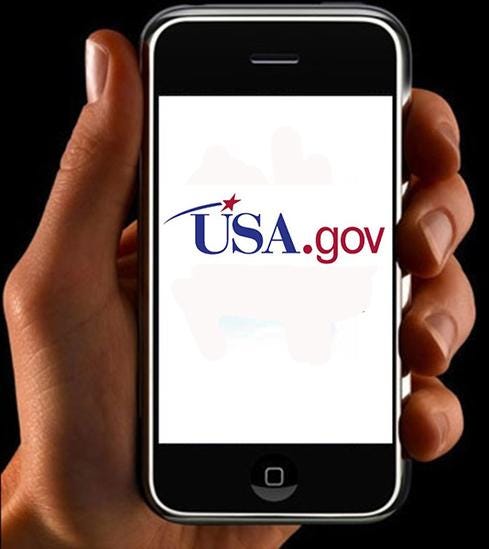Philadelphia 311 Service Calls For Help
Philadelphia's 311 contact center gets help from nonprofit to implement customer satisfaction surveys that improve non-emergency customer service.


6 Cool Apps From Uncle Sam
6 Cool Apps From Uncle Sam (Click image for larger view and slideshow.)
Faced with a limited technology budget, but a need to improve the customer experience at its 311 non-emergency contact center, the City of Philadelphia did what many cities are trying: using data collection more intelligently and turning to partnerships outside the public sector.
Philadelphia's 311 contact center serves more than 1.5 million residents, businesses, and visitors seeking city-related services and information, according to the Philadelphia's deputy managing director Rosetta Carrington Lue.
One of Lue's responsibilities is serving as chief customer service officer, which led her to implement the city's Customer Service Support Plan, a performance-based initiative centered on improved customer service and responsiveness. At the heart of that initiative is the city's contact center, which needed a better way of collecting feedback from callers and coaching its employees to improve customer experience with each transaction.
"One challenge faced by many contact centers is staffing limitations to handle the volume of incoming customer traffic. There are barely enough employees to operate phones, let alone work on meeting or exceeding the organizational customer satisfaction performance goals," Lue said in a blog post on DigitalGov, a site managed by the General Services Administration's Office of Citizen Services and Innovative Technologies.
[Free, easy-to-access government data helps the public participate in their communities. Read Open Data: Good For Citizens & Government.]
"We needed to find innovative solutions to effectively collect, and manage, accurate and real-time customer experience responses," she says.
Lue and her team turned to the private sector by partnering with a Fortune 500 company, which helped the city develop a customer satisfaction survey pro bono. The team also collaborated with a local non-profit organization for surveying and data-entry staffing support. As part of its Work Experience programs, the non-profit equipped the contact center with workers for up to 20 hours a week for a period of time or until they find employment.
The Work Experience employees receive formal training necessary to become familiar with the center's data collection processes. They are the ones who administer customer satisfaction surveys on the phone to callers who have agreed to participate. The workers then enter the results into a centralized database.
"Overall, our ability to gather customer satisfaction data has been instrumental in our growth as our city's customer service center. The data has improved our technology and business processes, external communication, and service offerings as we continue to strive for customer service excellence," says Lue.
The City of Philadelphia continues to use Work Experience programs to collect customer satisfaction surveys. Lue says the initiative also has been expanded to include social media data mining, where select agents monitor social media to see what the public is saying, such as which services they'd like to see offered or improved.
Our InformationWeek Elite 100 issue -- our 26th ranking of technology innovators -- shines a spotlight on businesses that are succeeding because of their digital strategies. We take a close at look at the top five companies in this year's ranking and the eight winners of our Business Innovation awards, and offer 20 great ideas that you can use in your company. We also provide a ranked list of our Elite 100 innovators. Read our InformationWeek Elite 100 issue today.
About the Author
You May Also Like






